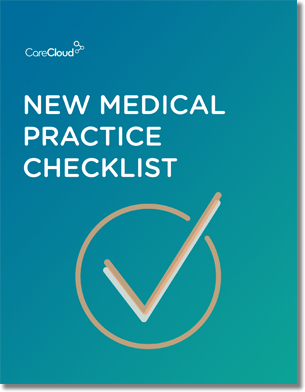A recent study suggests that Medicare does much more than provide health insurance for 48 million Americans. It also plays a significant role in determining the pricing for most medical treatments and services provided in the U.S.
For almost every procedure – from routine checkups to heart transplants – Medicare sets what it considers a “fair price” for services rendered. And because of its enormous size, Medicare’s rates seem to have a significant impact on what other insurers pay as well.
In fact, research out of the University of British Columbia shows that a small $1 change in Medicare reimbursements yields a $1.30 change in what private insurers pay for the same service.
So today, let’s take a look at how Medicare fee schedules are set and the challenges that arise when the government gets it wrong.
How Are Medicare Rates Set?
Medicare compensates physicians based on the relative cost of providing services as calculated by the Resource-Based Relative Value Scale (RBRVS).
Updated every five years, the RBRVS is set by a group of medical doctors appointed by the American Medical Association (AMA) based on what they consider to be a suitable timeframe for medical procedures.
Pay rates are then opened to public and private health insurers for comment and analysis. After an agreed-upon fee is decided, Medicare applies this to all medical services.
What Happens When The Government Gets It Wrong?
Last year, a Washington Post investigation found that the RBRVS systematically exaggerates the time it takes for most procedures by as much as 100%.
Results show that if RBRVS’ time estimates were accurate, some doctors would spend more than 24 hours a day on average performing medical procedures. In turn, this over-calculation is causing U.S. healthcare costs to skyrocket.
Currently, the government is overspending by billions of dollars on Medicare payments. And because of the influence, Medicare has on the prices set by private insurers, these mistakes are being replicated by payers across the industry.
Economists believe that correcting Medicare pricing errors will be crucial in stabilizing healthcare costs because, in the absence of a traditional consumer market for medical services and because setting pricing is a complex and time-consuming task, Medicare forms the foundation of pricing for private insurers.
This is why agency officials are scrambling to develop new ways of calculating the value of physician work and altering non-defined payment systems, such as those for telecare.
Medicare’s Vast Scale
Medicare accounts for more than a fifth of federal money spent on personal health care, making it an integral part of our healthcare system. This year, it will consume more federal money than any other government-funded health program.
According to the Congressional Budget Office, net federal spending for Medicare will reach $903 billion in less than ten years. Spending on Medicaid and the State Children’s Health Insurance Program will cost $578 billion, and spending for the health insurance exchanges will settle near $134 billion.
To many onlookers, including the National Commission on Fiscal Responsibility and Reform, federal healthcare spending represents the nation’s single largest fiscal challenge in coming years. It’s about time legislators fix a system that covers the Americans who need healthcare the most: adults 65 and older.

Do you know what you need when setting up a new medical practice?



